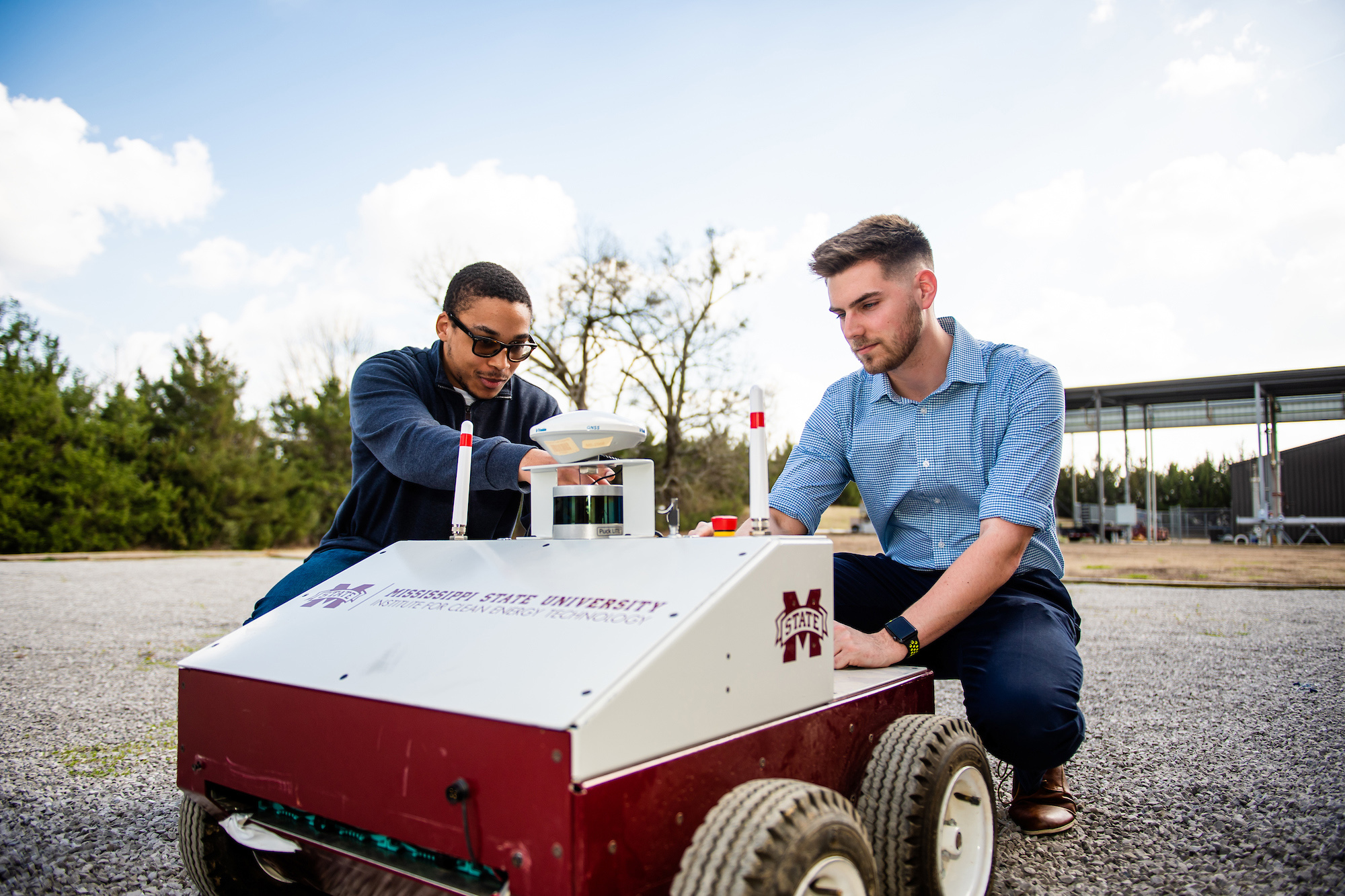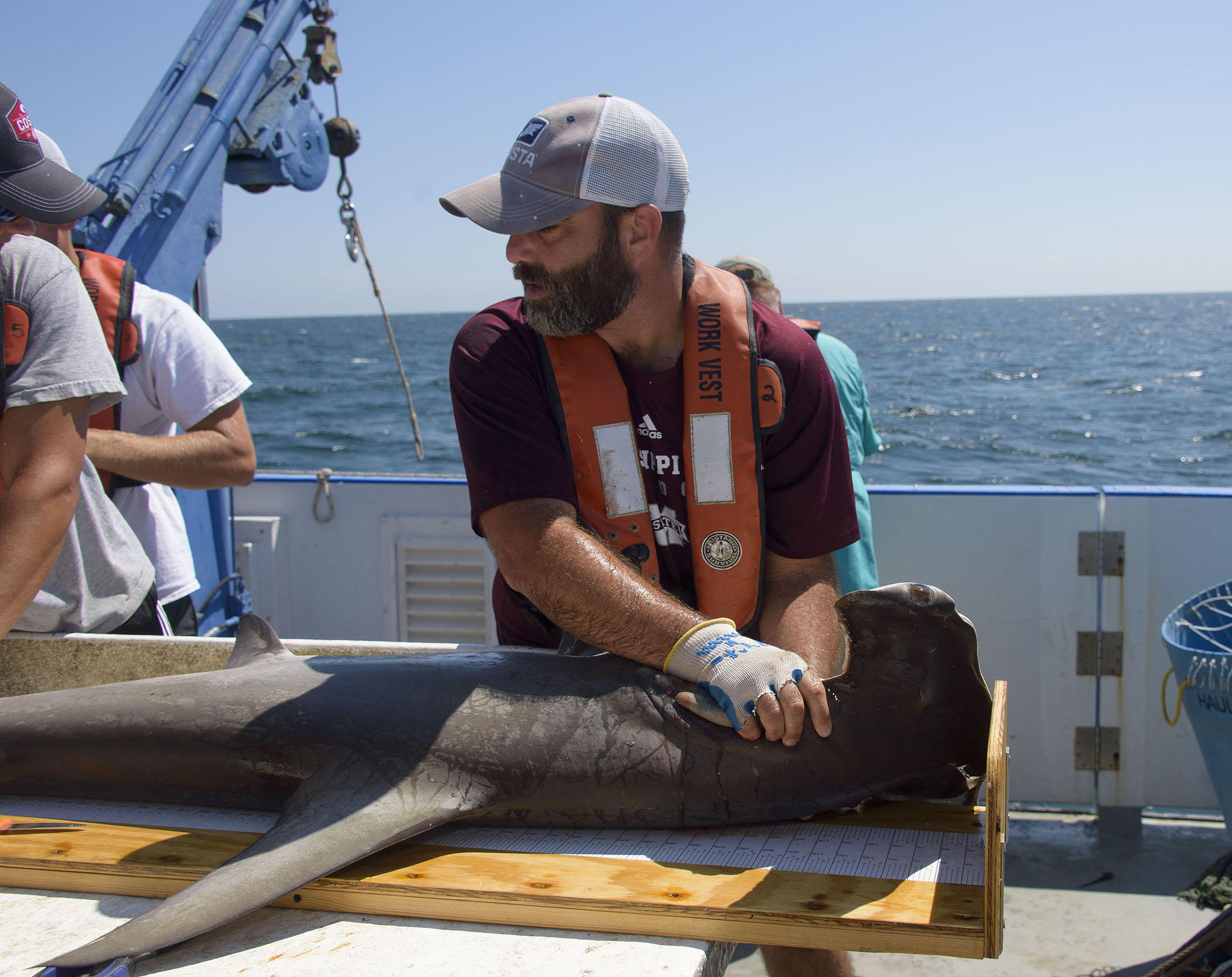Mississippi State University is again among the top research universities nationally after reporting more than $300 million in research and development expenditures in the latest National Science Foundation report.
MSU’s $303,418,000 in research and development expenditures ranks No. 97 nationally in the NSF’s latest Higher Education Research and Development survey, which covers data from fiscal year 2022. That dollar figure represents a 10% increase from the previous year, just above the average national increase of 9%. The record research funding strengthens MSU’s ability to stay at the forefront of innovation and address some of society’s most pressing challenges.
As the Magnolia State’s leading research university, MSU again accounts for more than half (53.6%) of the $565.3 million in research and development expenditures reported by all Mississippi institutions in the NSF survey.
“I am extremely proud of the way our research activities continue to grow and help lead our state forward,” said MSU President Mark E. Keenum. “We have research teams supporting our state’s most vital economic sectors and expertise that is recognized around our nation and world. Our research programs also provide unmatched hands-on learning opportunities for our students as they work closely with world-class faculty on impactful research.”
MSU was ranked in the top 15 of three disciplines—agriculture (11), natural resources and conservation (14), and aerospace engineering (15). Disciplines ranked in the top 50 include industrial and manufacturing engineering (23), materials science (27), geological and earth sciences (28), social sciences (30), business management and business administration (42), and ocean and marine sciences (48). MSU Vice President for Research and Economic Development Julie Jordan said the wide range of MSU’s highly ranked fields underscores the university’s ability to excel in diverse disciplines.
“While I am proud of our broad strengths, I am even more proud of our collaborative culture that allows for the creation of interdisciplinary research teams that can tap into multiple areas of expertise to develop innovative solutions,” Jordan said. “We have more than 4,000 research personnel that are the backbone of our research enterprise, and I thank them for their tireless efforts to improve our state, nation and world.”
The new survey shows MSU is ranked No. 64 among public institutions in research and development expenditures. MSU’s top 15 ranking in agriculture and natural resources highlight the university’s ability to support two of the state’s top industries – agriculture and forestry, said MSU Vice President for the Division of Agriculture, Forestry and Veterinary Medicine Keith Coble.
“Every day our researchers are studying new ways to better feed, shelter and clothe our world, and our outreach and extension efforts help to ensure that Mississippi producers can stay at the forefront of agricultural production and be positioned for success,” Coble said.
MSU’s research enterprise contributes to the university’s $1.8 billion annual economic impact in Mississippi by employing more than 4,000 research personnel, creating opportunities for spin-off and start-up companies, and attracting private sector partners in key industries. MSU also holds the R1 “Very High Research Activity” designation from the Carnegie Foundation, as well as the “Innovation and Economic Prosperity University” designation from the Association of Public and Land-grant Universities, recognizing MSU’s work to advance engagement and economic well-being.
Mississippi State’s research funding comes from a wide range of sources, including business and industry, trade groups, local governments, state offices and federal agencies, including the U.S. Department of Agriculture, National Institutes of Health, Federal Aviation Administration, National Oceanic and Atmospheric Administration, NASA, National Science Foundation and the U.S. Department of Defense, among others.
For more on the NSF Higher Education Research and Development Survey, visit https://ncses.nsf.gov/surveys/higher-education-research-development/2022#survey-info.



















